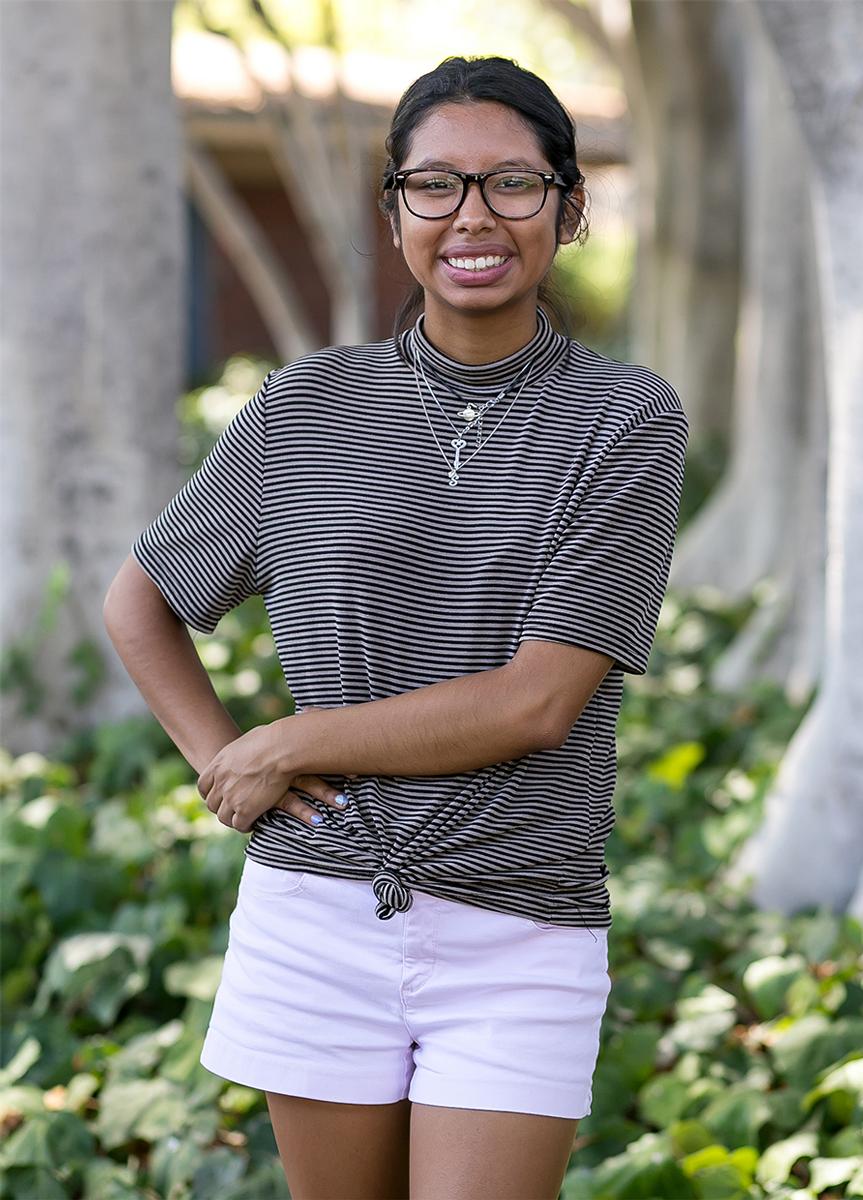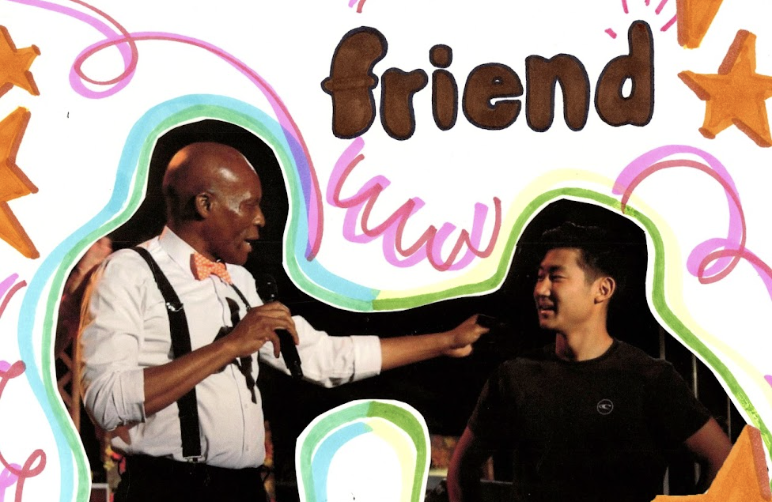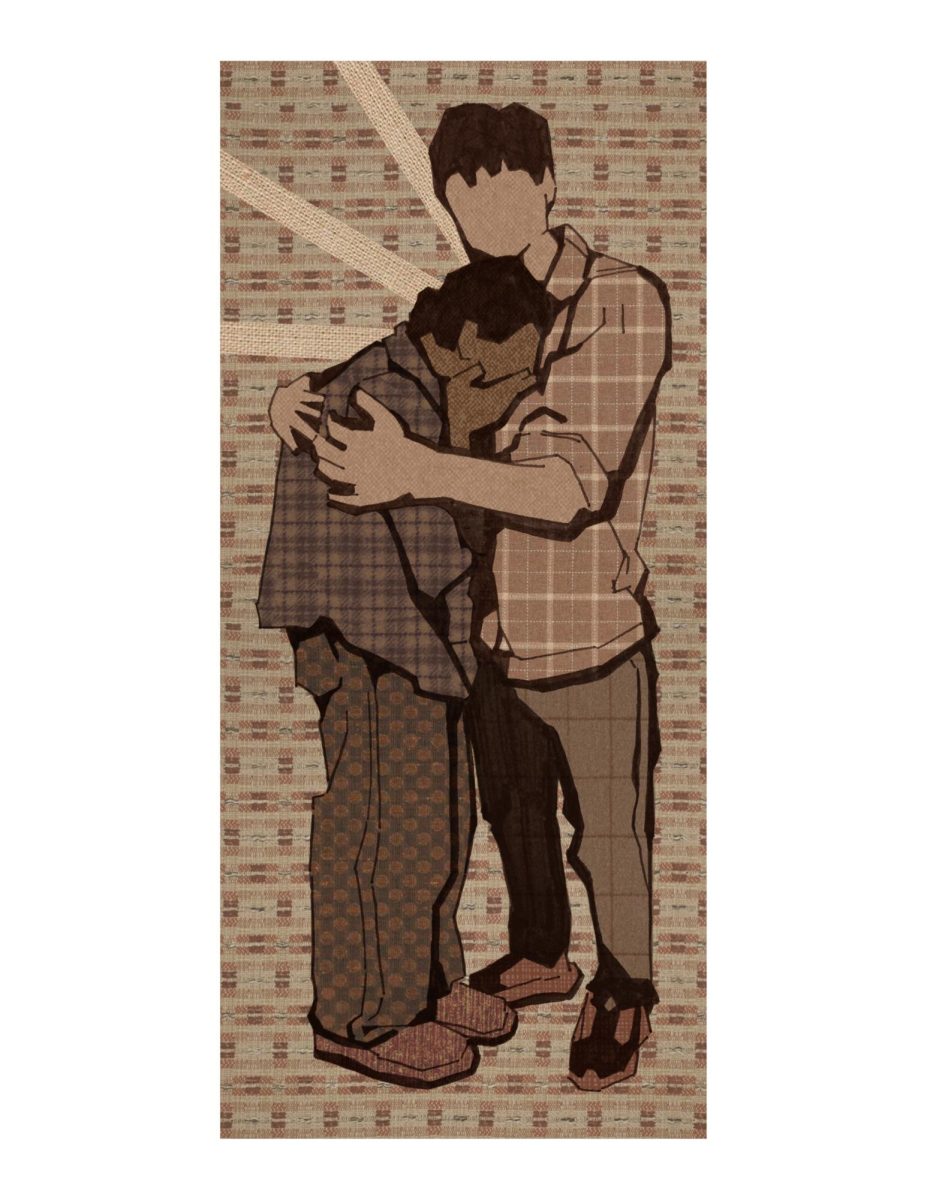College. The chapter of our lives where we receive a higher education in order to pursue a successful career. While many are blessed with the financial means and an expectation to attend college due to a father attending USC or a sister at Berkeley or another family member listed as a Biola alumni, this is not the case for others.
Life for a Hispanic first-generation college student includes fear, worry, anxiety and family pressure. I was born and raised in Southern California in a safe home environment. However, when my parents were teenagers they had to escape the crime and poverty of Guatemala and move to the United States. No one ever asked my parents, “¿Quieres ir a la universidad?” or “Want to go to college?” because they did not have the financial means to do so. Instead, once my parents finished high school they went straight into the workforce.
Most people from Guatemalan families do not attend college. In Guatemala, only rich kids from powerful families attended college. As part of the Latino community, we have a mindset which says working to provide an income for our families outweighs the benefits of receiving an education for ourselves and having financial stability for our families.
My parents taught me the value of attending college, that it would allow me to provide for my future family without worry. But as a first generation student I felt lonely, scared and intimidated during the application process. I had to rely heavily on my friends, their siblings and my high school counselors for advice about what colleges I should apply to and how to make an outstanding college application.
After my acceptance to Biola I thought things would get easier. Seventeen percent of Biola students are Hispanic/Latino, according to Forbes.com from the 2013-2014 school year. The most striking aspect of my first year at Biola involved noticing the certain accessories my classmates wore. A beaded bracelet with an assortment of colors with Guatemala written across. A pouch woven with the traditional Guatemalan colors of red, blue and green and embroidered with flowers. A leather wallet or keychain with someone’s name burned on it. These traditional trinkets that remind me of home, have become trophies of other people’s mission trips. The work these people do in Guatemala, the people they have helped and the cities they have traveled to, could have included my family or my hometown.
The social pressure of a Hispanic college student rests heavily on my shoulders. I want to prove Hispanics can pursue a higher education. Pew Research stated in 2010 that 112,000 Hispanics received an associate degree and 140,000 Hispanics a bachelor’s degree. The Hispanic college graduation rates have increased and reached a new high which has pushed me to continue to work hard in representing my ethnicity. As a first-generation Hispanic Biola student, I carry the worry and pressure of completing college, as a way to serve as an example for my family and culture.







